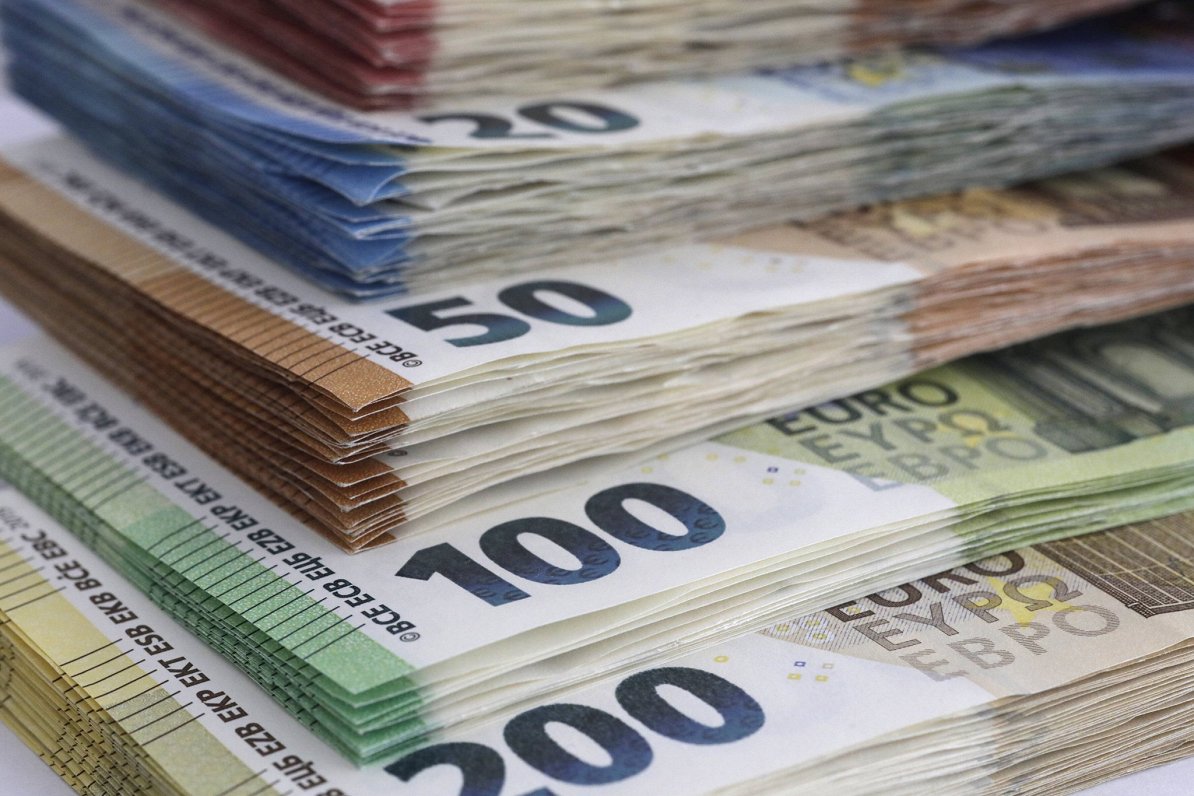In Europe, inflation is projected to peak in the second quarter and gradually decline thereafter. However, other experts have pointed out that in the current geopolitical situation, such predictions are like a shot in the fog. It also believes the European Central Bank (ECB) is raising interest rates for the first time in 11 years.
Christine Lagarda, President of the ECB, said: “Inflation rose sharply again in May, mainly due to rising energy and food prices, including [Krievijas sāktā] due to the effects of the war. “
Rising prices have been felt across Europe.
For example, Vincenzo Morelli, a Roman resident and pensioner, said: “Let’s not talk about fish prices at all. I only pay 18 euros for 5 shrimp. Five shrimps – 18 euros. ”
Stefano Kardini, the owner of the restaurant, said: “The prices of all imported goods have risen by 30% or even 40%. I’m talking about pasta, sunflower oil. Obviously, if fuel prices rise, so will transport costs.
It is in these two areas – food and energy – that governments in Europe have tried most to offset the effects of inflation by cutting taxes and distributing benefits.
Romania plans to spend a billion euros or half of its cohesion funds on support. In Romania, too, the low-income population will receive food vouchers, or benefits paid by the state to cover part of the costs, and things needed by pupils at the start of the school year.
Romanian Prime Minister Nikolai Chuk added: “EUR 300 million will be allocated to support small and medium-sized enterprises in difficulty due to the situation in our region.”
Bulgaria goes a step further by abolishing value added tax (VAT) on bread altogether, increasing pensions by 20% and granting discounts on fuel.
“There will be a reduction in VAT for central heating and hot water to 9%. We hope that this will support people’s monthly bills, “said Bulgarian Prime Minister Kirill Petkov.
Germany, France, Italy and Spain have also reduced taxes on fuel. Germany is also trying an original solution all summer – a monthly public transport ticket worth 9 euros. But this is not just support for the population due to rising fuel prices.
“I think it’s an incentive to show how easy it is to travel by train, that you can get from ‘A’ to ‘B’ in an environmentally friendly way, ‘said a German citizen.
France has so far spent the most to limit the impact of inflation on households. However, it should be borne in mind that France has just had a presidential election and a parliamentary election on Sunday, and politicians will tend to be the most generous during the election year. France has frozen gas prices, limited the rise in energy prices to 4% and issued an “energy check” of € 100 a year to the poorest households.
Such a check is also used in Italy, but here the check is larger – 200 euros and more than 30 million pensioners and low-income workers.
However, the distribution of such checks and benefits has alarmed Brussels, as it could lead to an increase in demand and thus higher prices. That is why Brussels is trying to advise governments to focus precisely on those who need it most.
Meanwhile, trade unions in several European countries have set out to get a wage surcharge to offset inflation by intimidating large-scale strikes. Given the record low unemployment rate in Europe – around 6.2% on average – employers may also have to make concessions.
–
Highlight text and press Ctrl+Enterto send the snippet to the editor!
Highlight text and press Report an error buttons to send the text to be edited!
–
–


